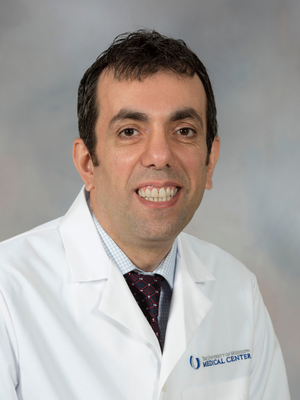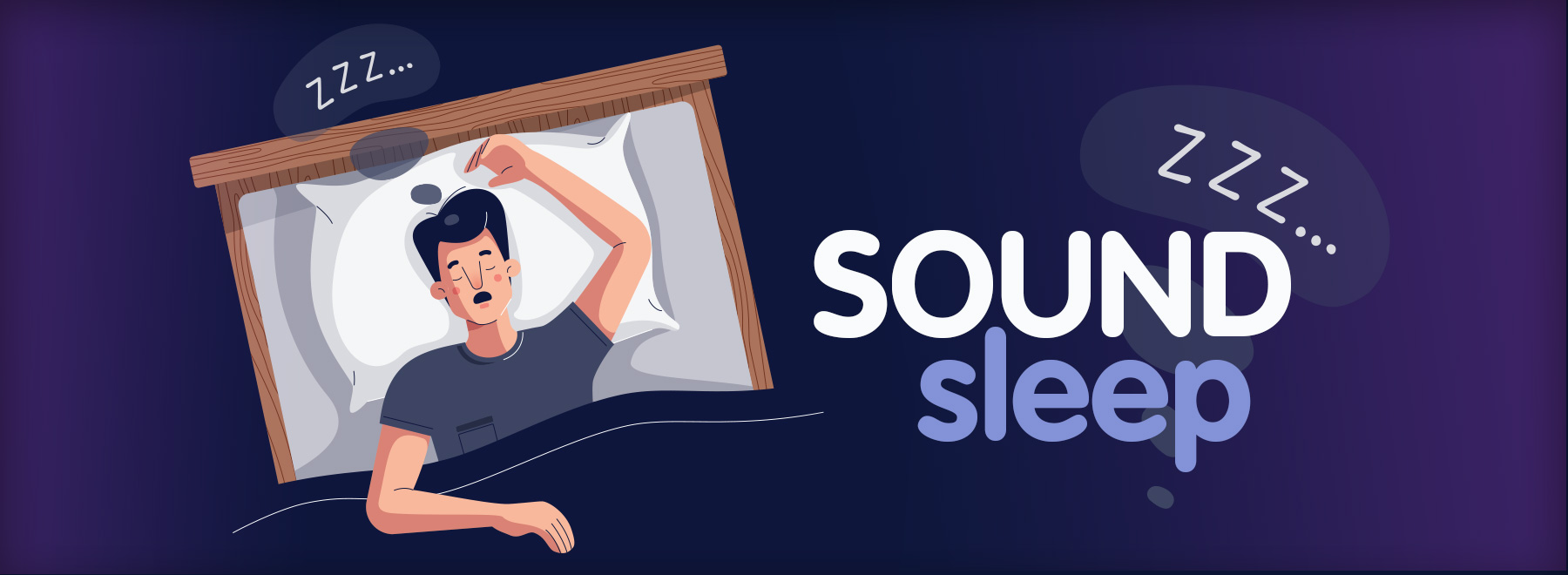Pace yourself to rest easy during holidays, UMMC experts say
The one-third of Americans who claim sleep deprivation figure to double down on turkey, ham, black-eyed peas and stuffing this holiday season and try to snooze their way to better health. But, experts say going easy at the dinner table and setting boundaries with work and play can make for a more restful bedtime.
Turkey’s reputation as a mild sedative isn’t likely to leave the public consciousness anytime soon, thanks to tryptophan being a building block for serotonin – the “feel-good” hormone – which in turn enables melatonin, the sleep regulator, to ease folks into sleepy bliss during the array of football games on TV. Prices of the holiday’s staple protein were down this year, so the estimated 46 million turkeys usually consumed on the fourth Thursday in November and during Christmas and New Year’s is primed to go up.
But for those who must snap back to “work mode” quickly after the day’s gorging, it’s best to package up those second helpings to keep from feeling sleepy for days, experts say.
“I recommend enjoying holiday food, but not overeating,” said Dr. Allen Richert, associate professor of psychiatry and division director of sleep medicine. “And limit alcohol intake to modest amounts. The tryptophan in turkey and milk, especially warm milk, acts as a mild hypnotic, but I wouldn’t say ingestion of food or milk makes for good sleep quality.”
Foods that can anchor a person’s vitamin intake, thus making supplements just a supplement, can do the same for a person’s sleep cycle.
Milk, nuts, cherries, fish, rice, oats, mushrooms and, though less common in grocery stores, goji berries contain naturally-occurring melatonin. Corn, like turkey, also contains tryptophan as well as Vitamin C, antioxidants, magnesium and fiber. Bananas are quite versatile, as they contain melatonin and tryptophan, but are also a “good carb” whose complex carbohydrates can provide energy all day long.
Foods to avoid just before bed at any time of year include anything overly spicy, acidic or calorie-laden. The culprits here would be any variety of hot sauces, chocolate and high-calorie delicacies that also happen to be tomato-forward like pizza, which can slow digestion and cause inflammation. Also, citrus fruits – otherwise a cornerstone of any healthy diet – should be avoided when it’s close to bedtime, as they are natural diuretics and can cause waking up in the middle of the night to use the restroom.
“The discomfort from an overly full stomach can cause sleep difficulties,” Richert said. “Full stomachs also increase the risk of gastroesophageal reflux, which can cause significant sleep disruption.”
Melatonin supplements continue to grow in popularity as a safer alternative to prescription sleep aids, though doctors stress taking them at the right time of night and strictly regulate dosage.
“It acts as a mild hypnotic, but it also causes a shift in circadian rhythms,” Richert said. “I think it is okay to take low doses; I recommend less than 5 milligrams a night if you have difficulty falling asleep. And take it only if you have difficulties. Adding melatonin can’t supercharge your sleep.”
Eating habits forms just a portion of sleep deprivation for more than 70 million Americans, with no single cause, according to most sleep medicine professionals. For working adults, it’s a matter of balancing work with family to manage cortisol, a stress hormone that makes it difficult for the body to relax and sleep. For college students, it’s about managing academic demands with finding at least seven hours for sleep.

“If possible, it’s best to keep the same schedule for sleep from weekdays to weekends,” said Dr. Dani Choufani, assistant professor for neurologic sleep disorders and director of the sleep medicine fellowship program. “Waking up every day helps keep your internal clock right. People have the habit on weekends or days off to stay up late and sleep until 9 a.m. or later, which is going to affect the internal clock.”
Choufani also suggests setting a limit on screen time with computers, phones and other personal electronics, mainly to give the brain a chance to de-stimulate before bed.
“Try to avoid all electronic devices in the evenings, such as your phone, tablets, games, the internet,” Choufani said. “The goal is to get at least more than six hours of sleep a night to function normally during the day.”
To make an appointment with Sleep Medicine at UMMC, call 601-984-4820 or click here for an online appointment.
The above article appears in CONSULT, UMMC’s monthly e-newsletter sharing news about cutting-edge clinical and health science education advances and innovative biomedical research at the Medical Center and giving you tips and suggestions on how you and the people you love can live a healthier life. Click here and enter your email address to receive CONSULT free of charge. You may cancel at any time.



